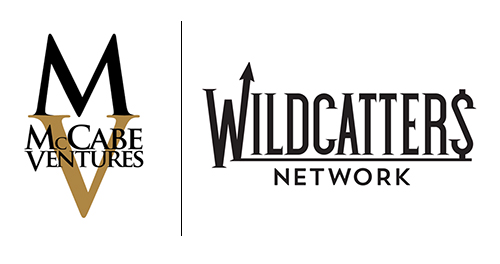Public Speaking is difficult for many people, but chances are, sometime in your life, you will be asked to give a speech. Whether it is a toast given at a wedding or a motivational speech for employees, you will have the attention of an audience and will need to deliver a message.
The importance of public speaking goes back to ancient Mesopotamia and Egypt. It was further developed into a civic art by the Greeks who included rhetoric as part of their classical education, and further adopted by the Romans as a necessary art for any aspiring citizen. Both Cleopatra and Caesar had extensive training in Rhetoric. The ability to communicate their wants, needs, and desires were of great importance to both the goddess/pharaoh and military general, respectively.
Certain speeches are momentous for many reasons, but mostly because they were emotionally moving. One the best examples of a great speech is Abraham Lincoln’s Address on the Gettysburg battlefield: “Four score and seven years ago our fathers brought forth on this continent, a new nation, conceived in Liberty, and dedicated to the proposition that all men are created equal.”
The ability for one to communicate is essential to everyone. So here are a few Wildcatter pointers on how to give an excellent speech. The advice your 6th grade English teacher drilled into your brain when writing essays holds true for Rhetoric training too. What is your objective? Is it to inform, entertain, or persuade? The first oratory advice is to have a purpose.

- Purpose/Objective – Determine the “reason” for the speech. Remember PIE (Persuade, Inform, or Entertain). Of course, great speeches contain two or all of these objectives.
- Confidence – Always be sure of yourself. Every one gets nervous, so put everything in perspective. The best way to be confident is to be prepared.
- Preparedness – Practicing your speech is always necessary. This helps avoid many mistakes made by speech-givers, such as: too short, too long, not knowing your topic, how to pronounce names associated with the speech, or the worst… reading your speech like a robot. Remember Lincoln Gettysburg’s Address was only three minutes and 365 words long.
- Memorize-No notes! The best speeches do not require notes, a memorized speech indicates knowledge of the topic and preparedness. Occasionally notes or lists of names, organizations, etc. are necessary and expected so important information is not left out.
- Know your audience – Nothing is worse than talking about detailed economic facts to fourth graders or reading nursery rhymes to graduating Harvard Law students. Toasts do not last more than a minute or two. No one wants to hear you drone on and on, and conversely, a graduation speech can not last just five minutes.
- Introductions – Get your audience’s attention, but it will be up to you to keep the listeners engaged.
- Conclusions – Give a simple one sentence summary of your objective and thank the audience for their time.
- Tips – Use humor, eye contact, and dress the part. Audience participation will help keep your listeners engaged and deliver your message.
Here are some classic, historical speeches that have motivated, entertained, or moved their audiences to empathy, revelation, and undeniable emotion.
“I know what course others may take; but as for me, give me liberty or give me death!” Patrick Henry-Speech given at St. John’s Church on March 23, 1775.
“And ain’t I a woman? Look at me! Look at my arm! I have ploughed, and planted, and gathered into barns, and no man could head me! And ain’t I a woman? Sojourner Truth Speech-Women’s Convention in Akron, Ohio, on May 29, 1851
“From where the sun now stands I will fight no more forever.” Chief Joseph-Surrender speech, October 5th, 1877, Montana Territory
“Yet today I consider myself the luckiest man on the face of the earth.” Lou Gehrig-Farewell speech at Yankee Stadium. July 4th, 1939.
“And so, my fellow Americans: ask not what your country can do for you–ask what you can do for your country.” John F. Kennedy- Inaugural Speech, Washington, D.C., January 20, 1961


